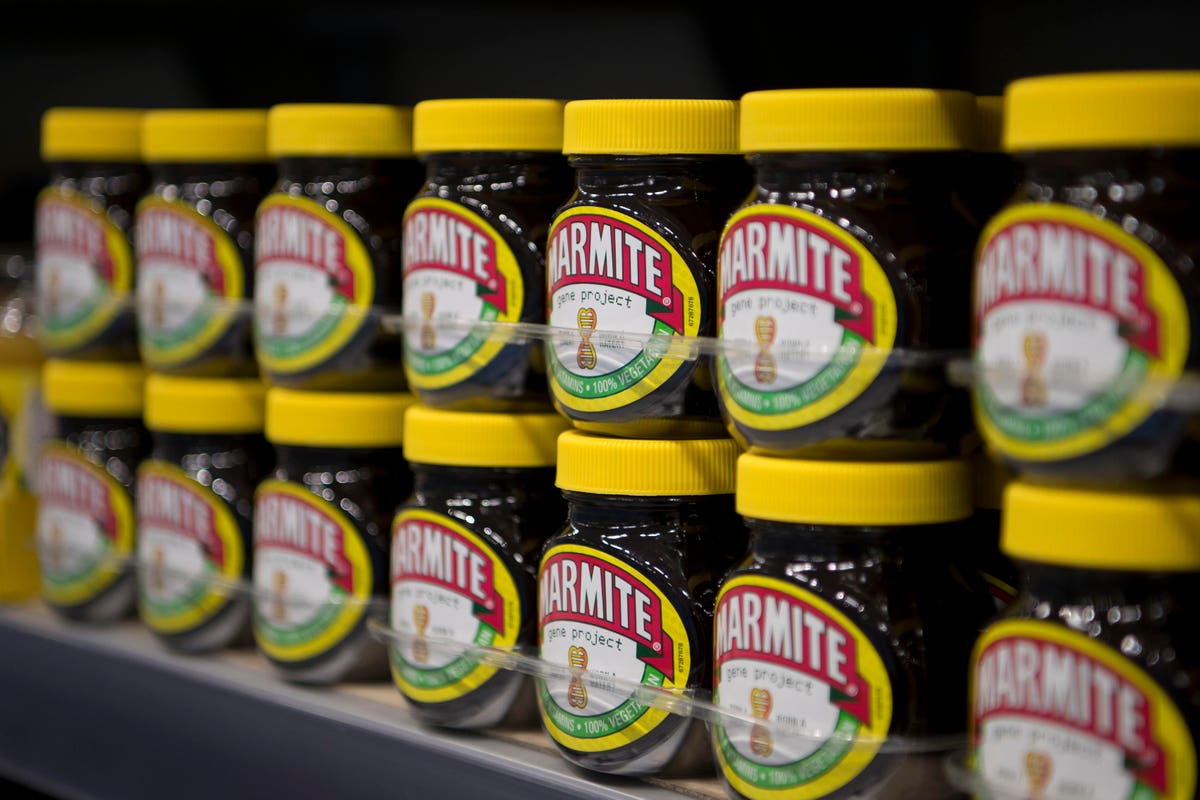Fast-moving consumer goods manufacturer Unilever was the FTSE 100’s biggest gainer on Tuesday after it hiked its full-year sales forecasts.
At £42.08 per share, Unilever’s share price was last trading 4.7% higher on the day.
The firm recorded underlying sales growth of 9.1% between January and June, it said. This was driven by a 9.4% increase in price that more than offset a 0.2% volume decline.
Each of Unilever’s business units recorded underlying sales growth in the period, it said. Meanwhile, the firm’s so-called billion+ euro brands — labels which make up 55% of group revenue — delivered underlying sales growth of 10.8%.
The business said first-half sales were “led by strong performances from Rexona, Hellmann’s, OMO, Sunsilk and Lux.”
Group revenues rose 2.7% during the first half to €30.4 billion, while its underlying operating margin improved to 17.1% from 17% a year earlier. As a consequence underlying operating profit in the period rose 3.3%, to €5.2 billion.
Forecasts Upgraded
Chief executive Hein Schumacher commented that “Unilever’s performance in the first half highlights the qualities that attracted me to the business: an unmatched global footprint, a portfolio of great brands and a team of talented people.”
Schumacher — who replaced Unilever veteran Alan Jope as CEO earlier this month — added that “the task ahead is to leverage these core strengths – supported by our simplified operating model – to drive improved performance and competitiveness.”
Unilever predicted “another year of strong underlying sales growth in 2023” despite what it described as a volatile and high-cost environment.
It said that it expected underlying sales growth “to be above 5%, ahead of our multi-year range, with underlying price growth continuing to moderate through the year.”
The FTSE firm also predicted “a modest improvement in underlying operating margin for the full year” that reflects higher gross margin and increased brand investment.
What The City Said
Adam Vettese, analyst at eToro, noted that “Unilever has had a decent if mixed set of half-year results,” adding that “there are certainly areas for improvement.”
He said that “one of the strengths of Unilever’s business model is that it houses a lot of well-known brands that have come to be staples of many households.” As a consequence it can “sensibly” put up prices without it impacting sales.
However, Vettese commented that “while overall sales growth has been solid, only 41% of its portfolio is taking market share from rivals, while volumes in Europe, a key market, have been disappointing.
Sales volumes on its home continent dropped 6.8% year on year in the first half as prices rose 6.4%.
Charlie Huggins, head of equities at Wealth Club, described Unilever’s update as “solid but uninspiring.” He noted that “despite significant price increases, Unilever has managed to maintain broadly flat volumes. This is a clear positive and suggests Unilever’s brands continue to attract a loyal following.”
But he added that “margins remain well below pre-pandemic levels and below the bonnet of that robust underlying sales growth there are problems.” Huggins also noted that more than half of the company’s portfolio is failing to seize market share.
Read the full article here





